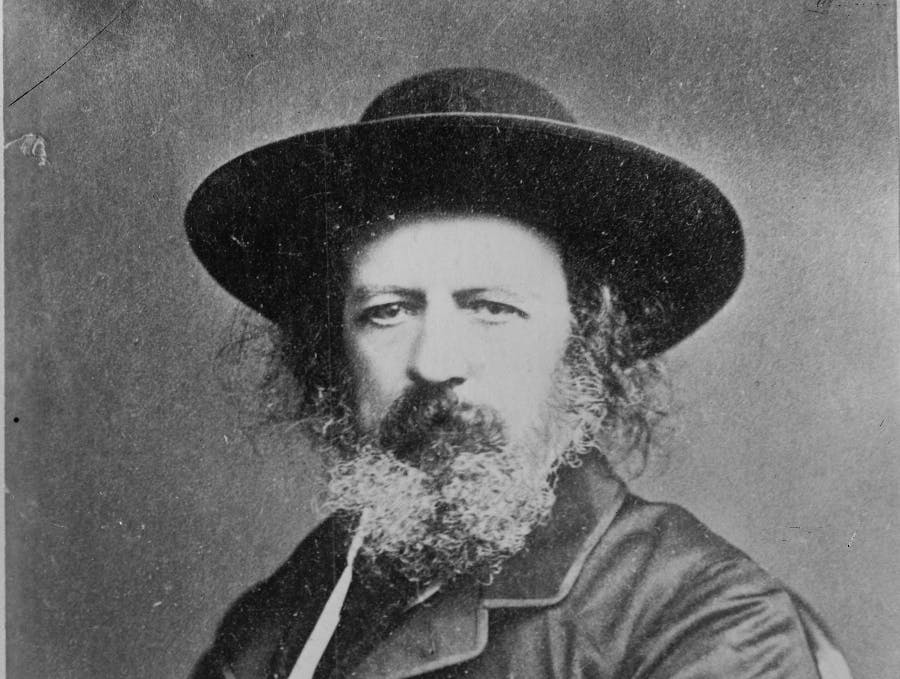Poem of the Day: ‘Tears, Idle Tears’
The world will make us cry, if we let it, for it is filled with constant reminders that the past is lost and will not come again.

Ubi sunt? — “Where are…”? — is a theme in near every culture’s poetry: Where are the snows of yesteryear? The name comes from a passage in Baruch in the Vulgate Bible’s Latin: Ubi sunt principes gentium: “Where are the princes of the heathen?” And the theme is present from the beginning of English poetry.
It’s there in “The Wanderer” (c. 950), with its still haunting lines: “Where is the horse gone? Where the rider? / Where the giver of treasure? / Where are the seats at the feast? / Where are the revels in the hall?” And it runs down to the 1915 “Spoon River Anthology” by Edgar Lee Masters (1868–1950) — “Where are Elmer, Herman, Bert, Tom and Charley, / The weak of will, the strong of arm, the clown, the boozer, the fighter? / All, all are sleeping on the hill.”
One twist in the tradition is to make it both more specific and more general, zeroing in on actual scenes and people once known to the poet, and building from there to what Virgil would have called lacrimae rerum: “the tears of things.” The world will make us cry, if we let it, for it is filled with constant reminders that the past is lost and will not come again.
“So sad, so fresh, the days that are no more,” as Alfred, Lord Tennyson (1809–1892) puts it in his 1847 poem “Tears, Idle Tears.” This is the well-known Tennyson, one of his most anthologized poems in the old schoolbook anthologies, and rightly so: It is as fine an expression of melancholy, a clear sense of the tears of things, as English poetry has to offer. The five five-line stanzas are all in blank verse, unrhymed except for the refrain, “the days that are no more,” that ends each stanza. That sense of loss is, he says, as “Deep as first love, and wild with all regret.”
Tears, Idle Tears
by Alfred, Lord Tennyson
Tears, idle tears, I know not what they mean,
Tears from the depth of some divine despair
Rise in the heart, and gather to the eyes,
In looking on the happy autumn-fields,
And thinking of the days that are no more.
Fresh as the first beam glittering on a sail,
That brings our friends up from the underworld,
Sad as the last which reddens over one
That sinks with all we love below the verge;
So sad, so fresh, the days that are no more.
Ah, sad and strange as in dark summer dawns
The earliest pipe of half-awakened birds
To dying ears, when unto dying eyes
The casement slowly grows a glimmering square;
So sad, so strange, the days that are no more.
Dear as remembered kisses after death,
And sweet as those by hopeless fancy feigned
On lips that are for others; deep as love,
Deep as first love, and wild with all regret;
O Death in Life, the days that are no more!
___________________________________________
With “Poem of the Day,” The New York Sun offers a daily portion of verse selected by Joseph Bottum with the help of the North Carolina poet Sally Thomas, the Sun’s associate poetry editor. Tied to the day, or the season, or just individual taste, the poems are drawn from the deep traditions of English verse: the great work of the past and the living poets who keep those traditions alive. The goal is always to show that poetry can still serve as a delight to the ear, an instruction to the mind, and a tonic for the soul.
